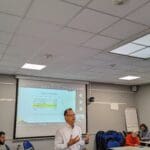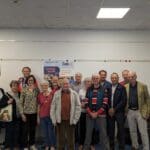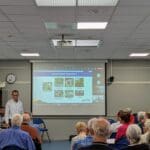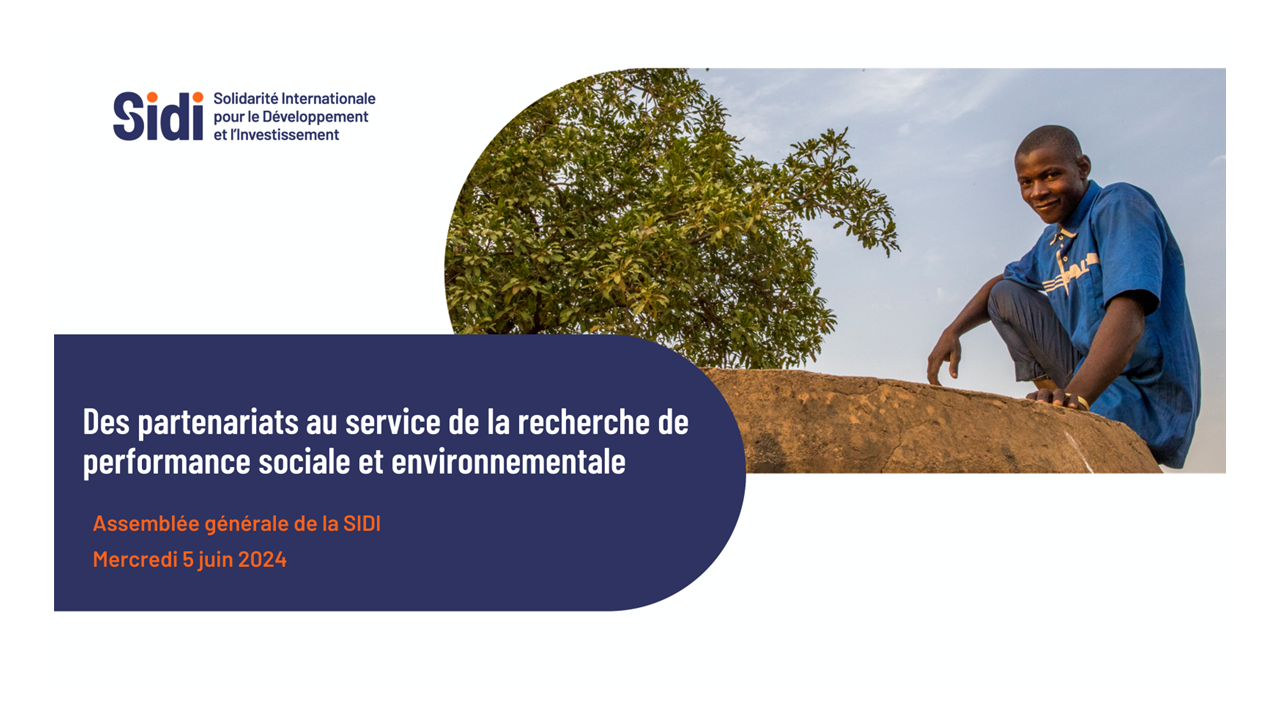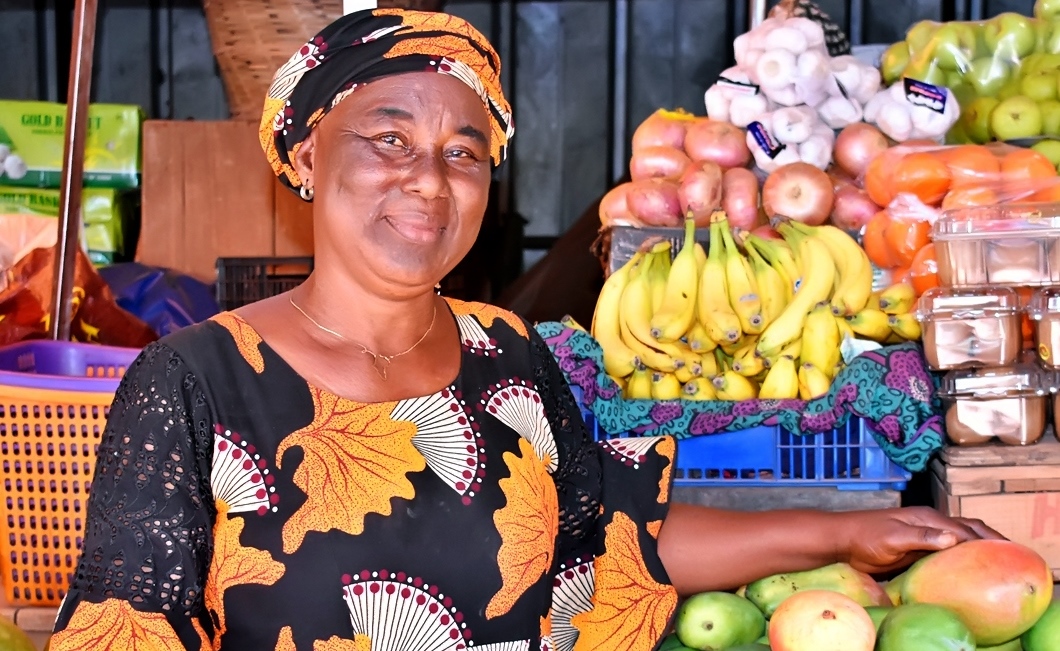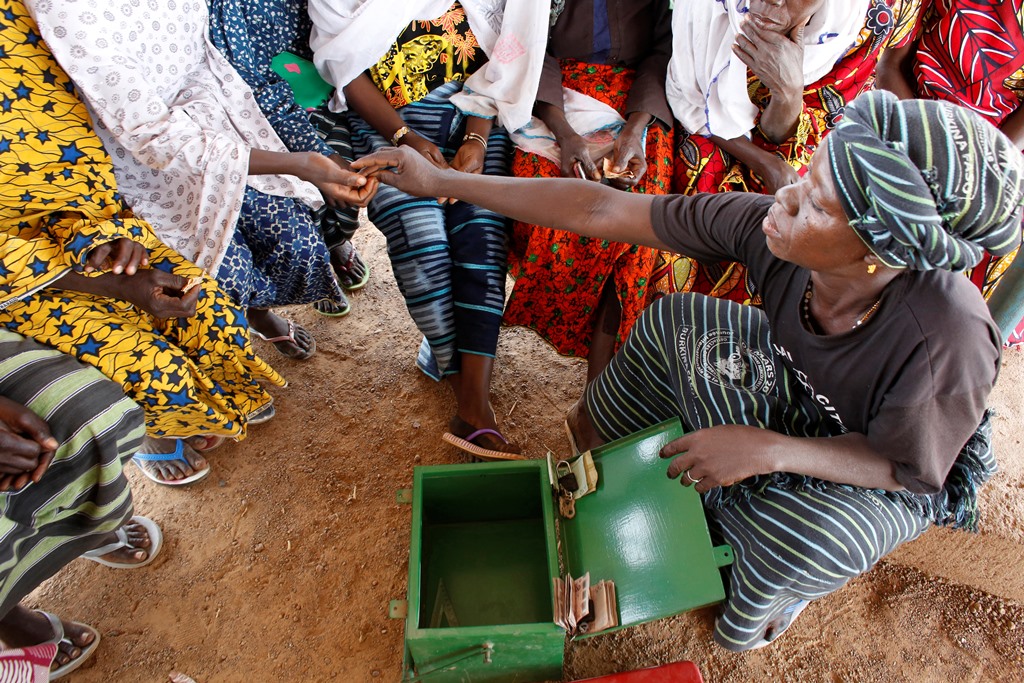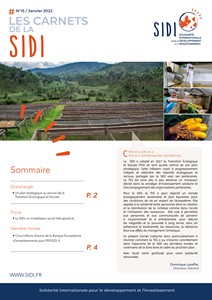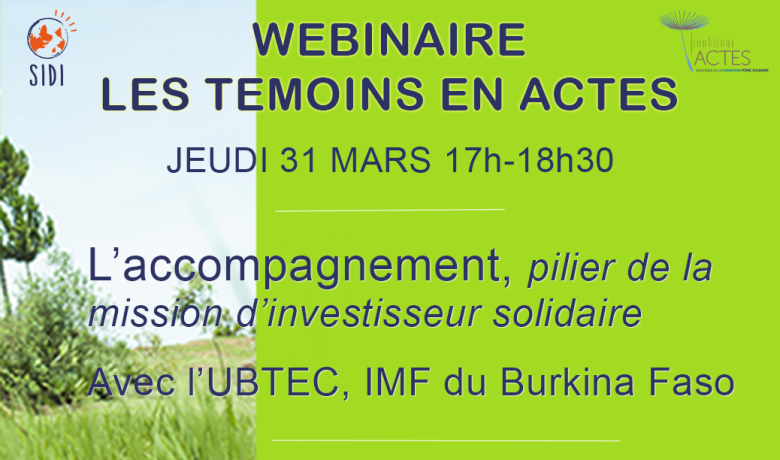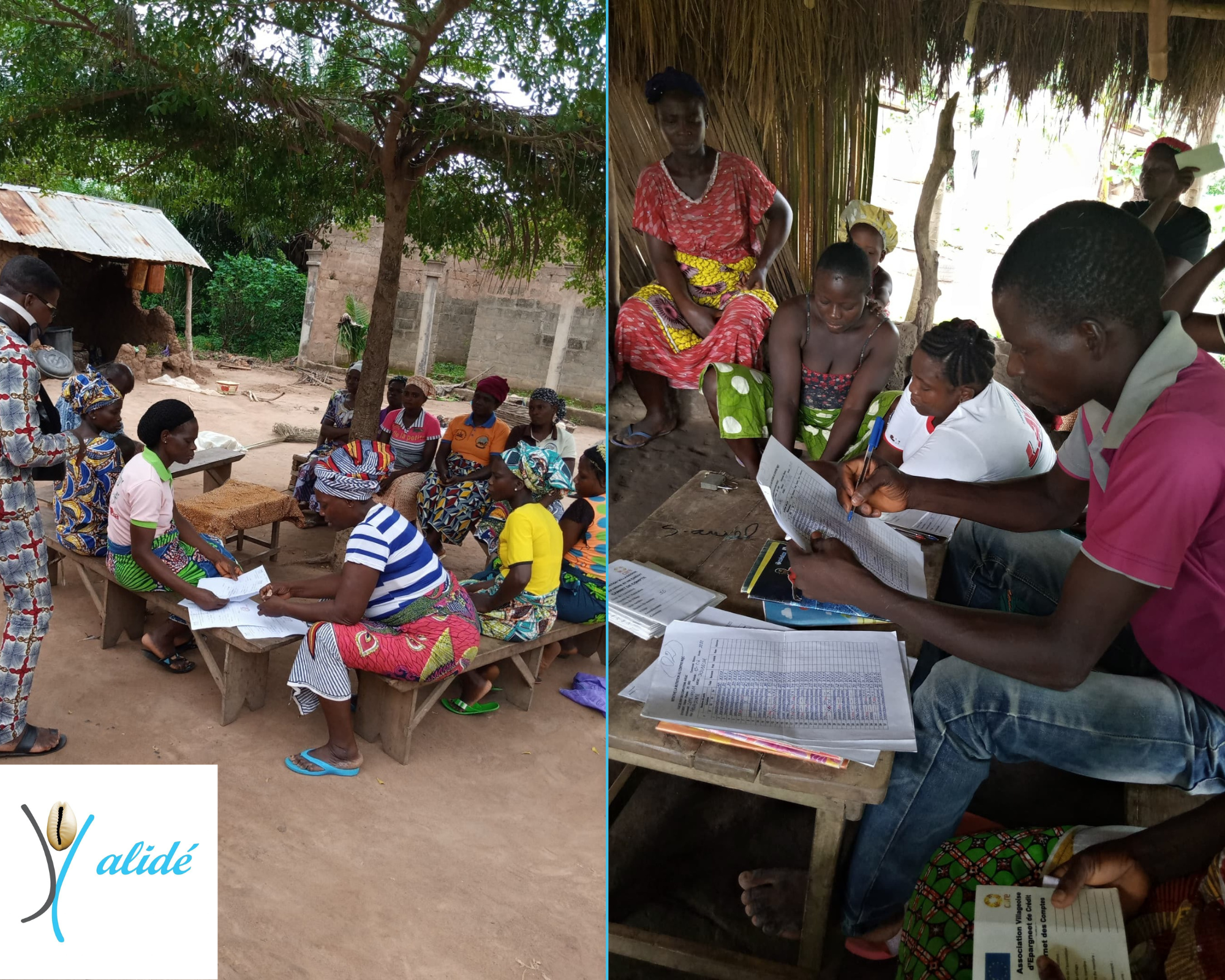
SIDI’s development in West Africa
SIDI’s deployment in Benin is part of its development strategy.
The opening of SIDI’s regional office in Lomé, Togo, in 2023 will strengthen our proximity to our partners in West Africa and facilitate the creation of new partnerships.
This geographical proximity allows for greater flexibility in carrying out missions, including prospecting.
It was during one of these missions to Benin that SIDI forged ties with ALIDé, leading to this new partnership.
ALIDé, a partner aligned with SIDI in a difficult Beninese context
Thanks to its 17 points of service, including 10 branches and 85 agents, the ALIDé microfinance institution is working to improve the living conditions of vulnerable and low-income populations throughout Benin.
Founded in 2006, ALIDé currently serves some 50,000 customers, offering essential financial services.
This enables them to realize both personal and professional projects.
In 2022, ALIDé strengthened its social commitments around strong values as part of the revision of its social strategy.
The main commitment concerns women, with the aim of providing them with greater support to promote their social and economic inclusion.
Clear, measurable indicators have been defined for this purpose.
The Association supports projects in various sectors, including agriculture, through non-financial services and dedicated financial products.
This is an ambition that SIDI supports, in a general context of worsening risks in the agricultural sector and an economic situation impacted by strong political decisions at local level since 2023.
Indeed, developments in the political and economic situation in Benin are marked by a timid resumption of trade transactions with Niger (80% of transit through the port of Cotonou comes from Niger) despite the decision taken by ECOWAS member countries, including Benin, to resume trade with Niger and the reopening of borders with this country.
In addition, in 2023, government intervention in the setting of prices in certain sectors such as soya has had a slight impact on the smooth running of the campaign for some ALIDé producers. Thus, ALIDé’s work is essential both as a financier and, above all, as an advisor to guarantee the continuity of its members’ activities in a constantly changing environment.
Partnership objectives
The partnership between SIDI and ALIDé will have a dual dimension in line with SIDI’s strategy: financial contribution and technical support.
Several areas of intervention and areas of support have been identified to support the development of activities and the finalization of its digitization process initiated in 2018.
These areas will be defined and prioritized by mutual agreement between the association and SIDI.
This partnership will enable ALIDé to increase its medium-term financing capacity.
At the same time, it marks the return of SIDI’s activities in Benin, where it no longer had an active partnership at the end of 2023.
SIDI, always committed to long-term partnerships, intends to continue its deployment in this country, supporting players such as ALIDé who are committed to fulfilling their social mission.


